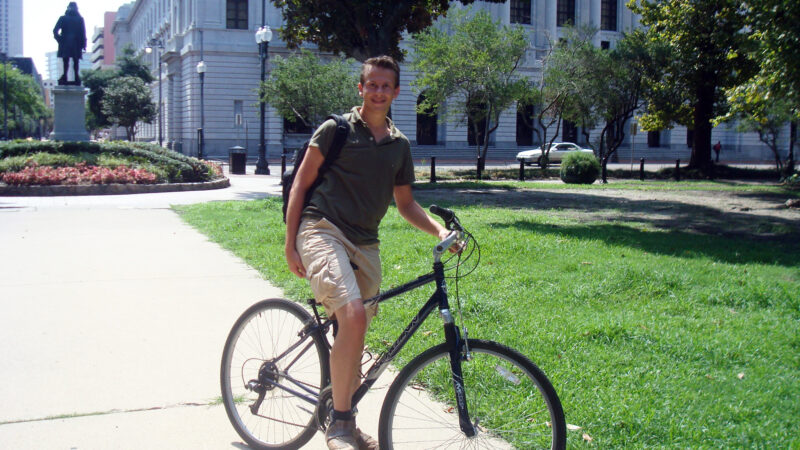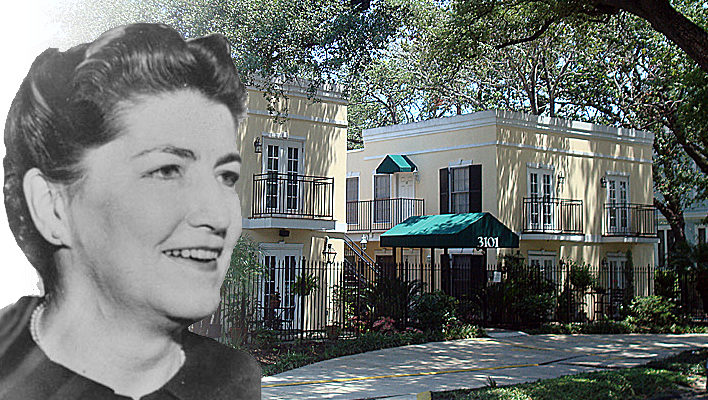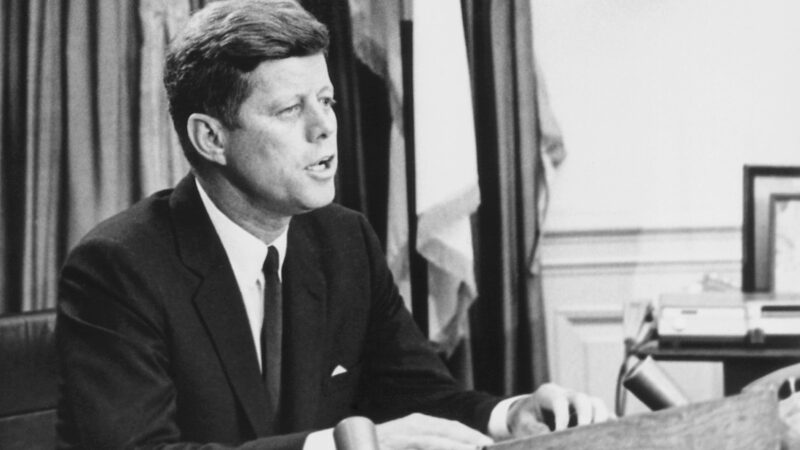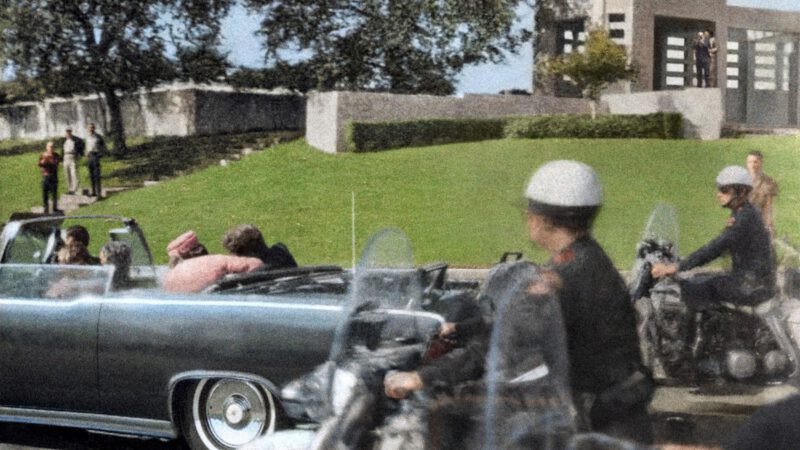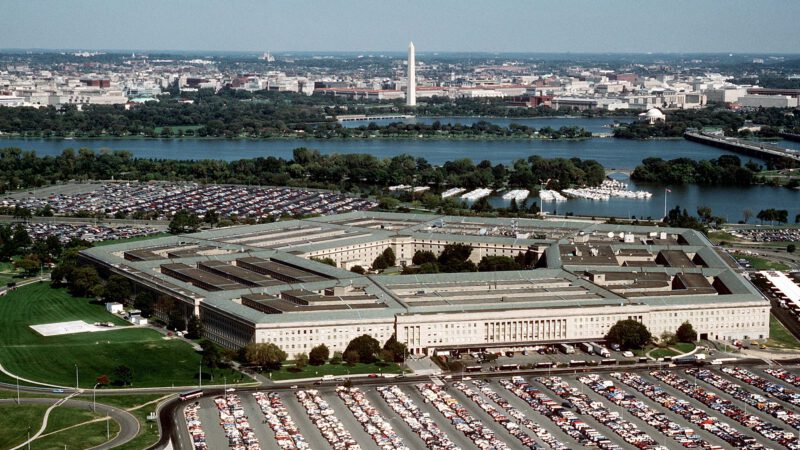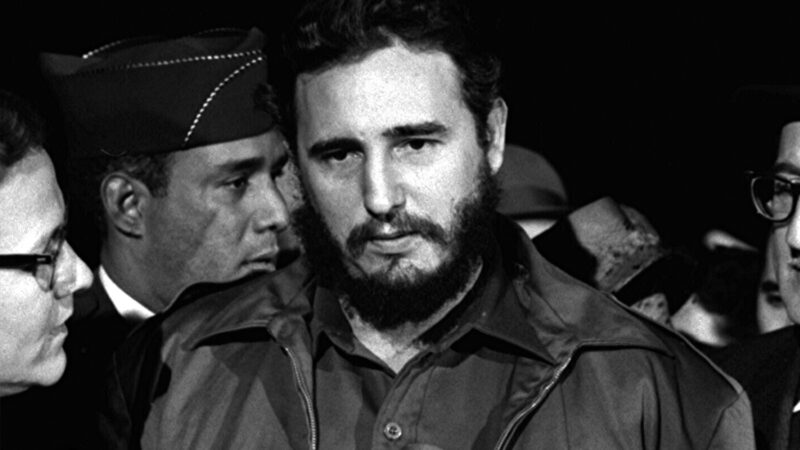The Kennedy Cabinet
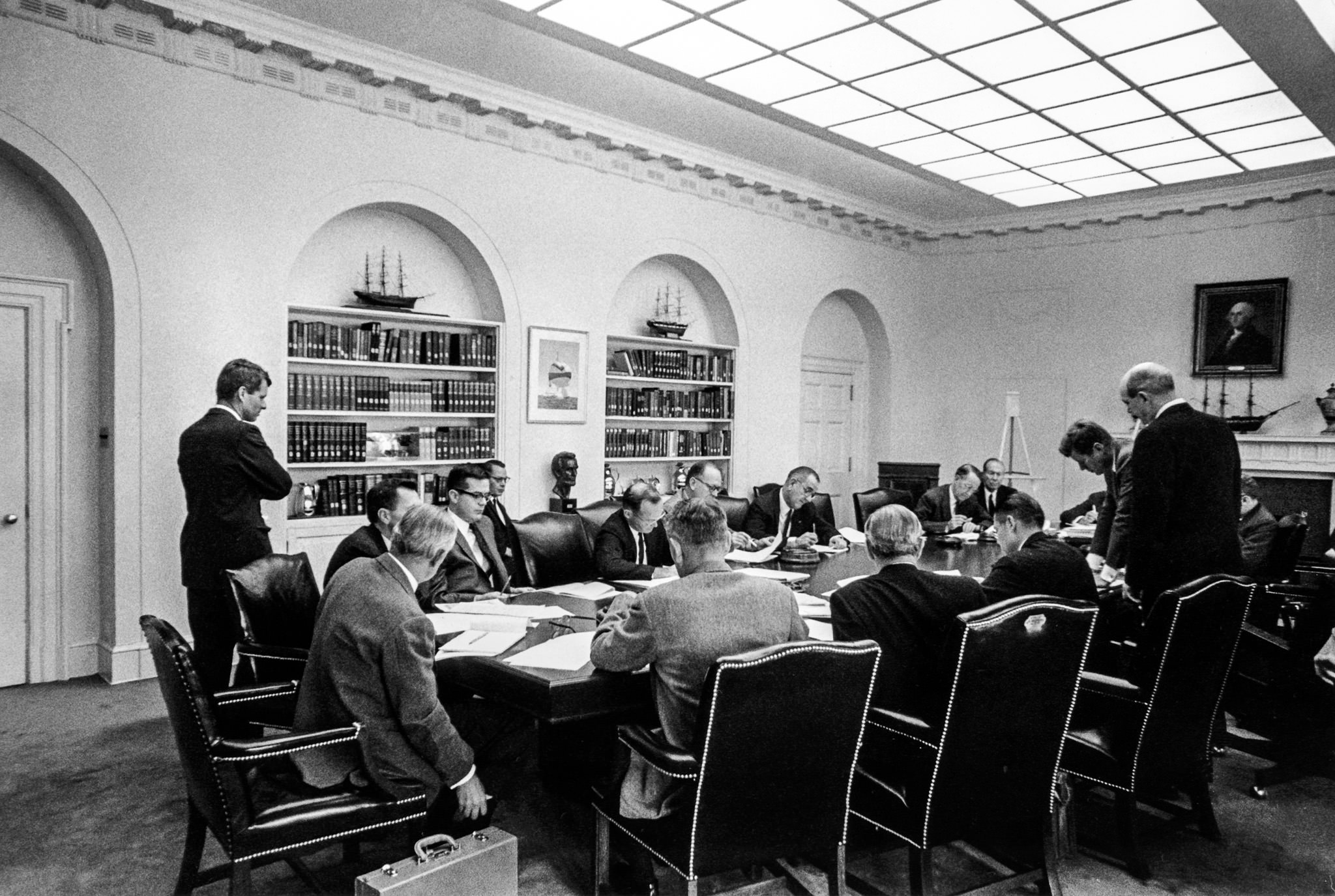
Kennedy certainly had a busy time in the early sixties. Fortunately, he was not alone. One of his first tasks after the November 1960 election was to form his cabinet. Kennedy succeeded in assembling a highly competent team. For the crucial position in Defense, he recruited Republican Robert McNamara from the Ford motor company, where he had recently become the first director not belonging to the Ford family. Kennedy called McNamara the star of the team and consulted him regularly, even on matters outside McNamara’s portfolio. One of the key members of the cabinet was the Attorney General. Kennedy favored his eight years younger brother Robert (Bobby) Fitzgerald Kennedy for this role—he was only 35 when appointed as the Attorney General. Naturally, this decision led to accusations of nepotism from the press and the public, claiming the new president was favoring his family. The New York Times and The New Republic, among others, criticized the younger Kennedy as inexperienced and unqualified. When Bill Bradlee, a close friend and journalist from Newsweek, asked the new president how he intended to announce his brother’s appointment to the world, Kennedy joked: ‘I quietly open the door of my house in Georgetown at two in the morning, check if no one is on the street, and then whisper: “It’s Bobby”.’ Despite his youth, Robert Kennedy already had significant achievements on his resume. He had served as a lawyer in the 1950s, played important roles in his brother’s campaigns, and served on various committees, including investigating American communists and organized crime within the country. In addition to McNamara, brother Robert Kennedy became a crucial advisor and confidant. The president referred to his brother as the doer of the cabinet, attributing to him an organizational talent rarely seen in others. Both Kennedys and McNamara also spent a lot of time together outside of work. When Bobby Kennedy was assassinated in 1968, McNamara was one of the pallbearers.
According to Kennedy’s important assistant Arthur Schlesinger, Dean Rusk was not the new president’s first choice, but he was appointed for the crucial position of Secretary of State in December 1960. Rusk had held various important positions within this department since February 1945. The minister later wrote in his autobiography that his bond with Kennedy was not very strong. According to advisor Ted Sorensen, the president found Rusk very reserved, and there were few innovative ideas coming from the ministry. Kennedy, who himself knew a lot about international affairs, often made decisions without thorough consultation with Rusk. The president simply had little patience for the man. There were rumors that, in the event of a second term, he would choose a different secretary.
Republican Clarence Douglas Dillon, who had worked as the U.S. ambassador to France in the 1950s, became Kennedy’s Secretary of the Treasury in 1961. World War II veteran and lawyer Stewart Udall became the Secretary of the Interior. In September 1962, after a trip to the Soviet Union, Udall received a significant hint back to America. Nikita Khrushchev unexpectedly summoned Udall and said, ‘Long ago, you treated us like a little boy. Soon the time will come when we will give you a kick in the ass.’ Udall had no idea what Khrushchev meant—until the fall of that year when Russian nuclear missiles were discovered in Cuba. Orville Freeman became the Secretary of Agriculture, Luther Hodges was appointed as the Secretary of Commerce. Other unknown names took positions in the Department of Post (James Day, later John Gronouski), the Department of Health, Education, and Welfare (Abraham Ribicoff, later Anthony Celebrezze), and the Department of Labor (Arthur Goldberg, later William Wirtz).
Of course, crucial was the man who became vice president under Kennedy: Lyndon Baines Johnson. A skilled politician but of a very different character than his superior, the nearly ten years younger Kennedy. Their relationship was not always good, and Johnson’s appointment was primarily strategic. As a native Texan, he might be able to sway many voters from the southern states. More on him in articles that I will publish soon.
More info
Wikipedia on the presidency of JFK

